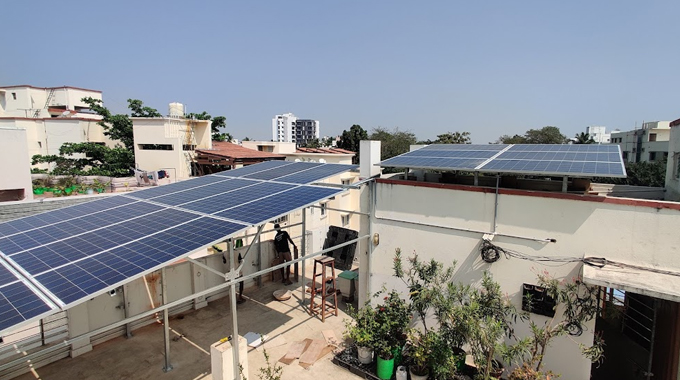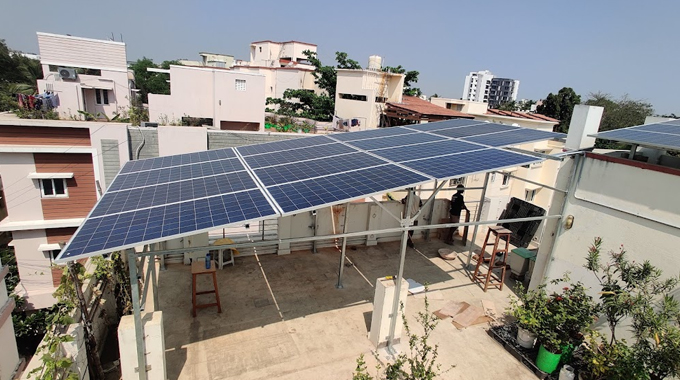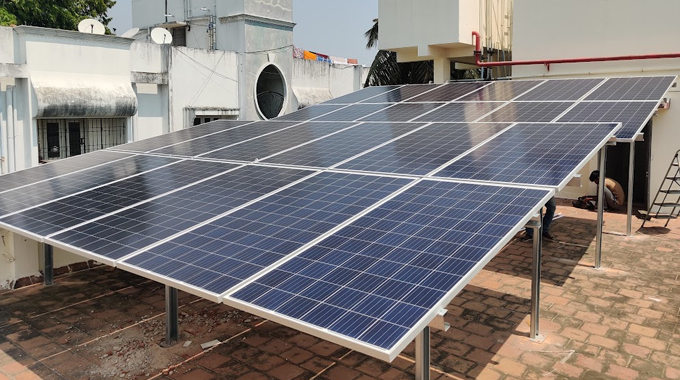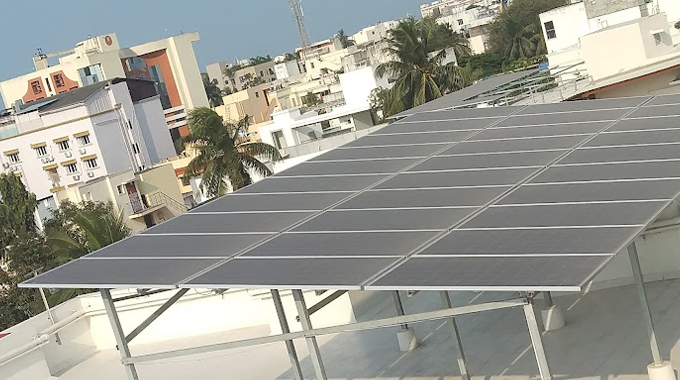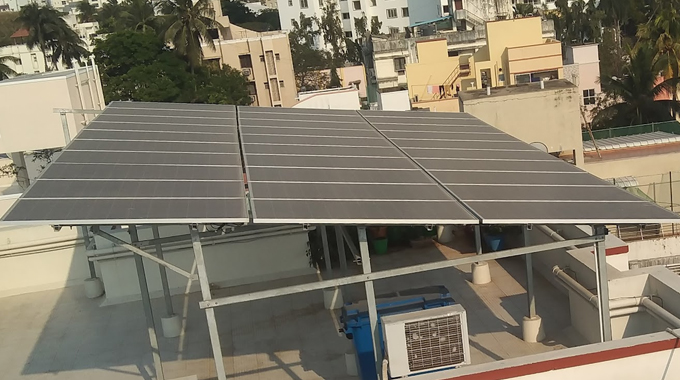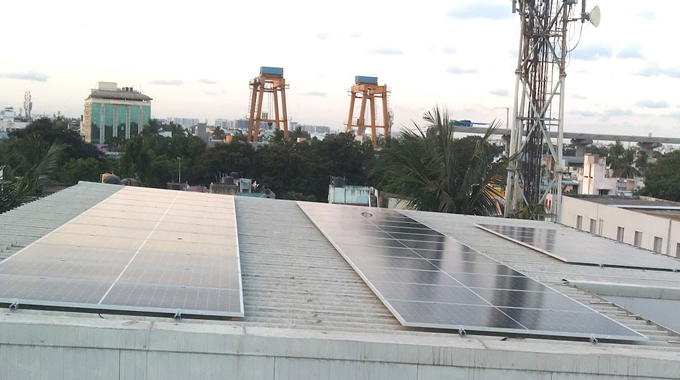The Indian solar industry has seen rapid growth, largely driven by various finance support schemes offered by the government, banks, and private financial institutions. These financial products aim to reduce the financial barriers for individuals, businesses, and institutions looking to adopt solar energy, thereby making solar power more accessible to a wider audience.
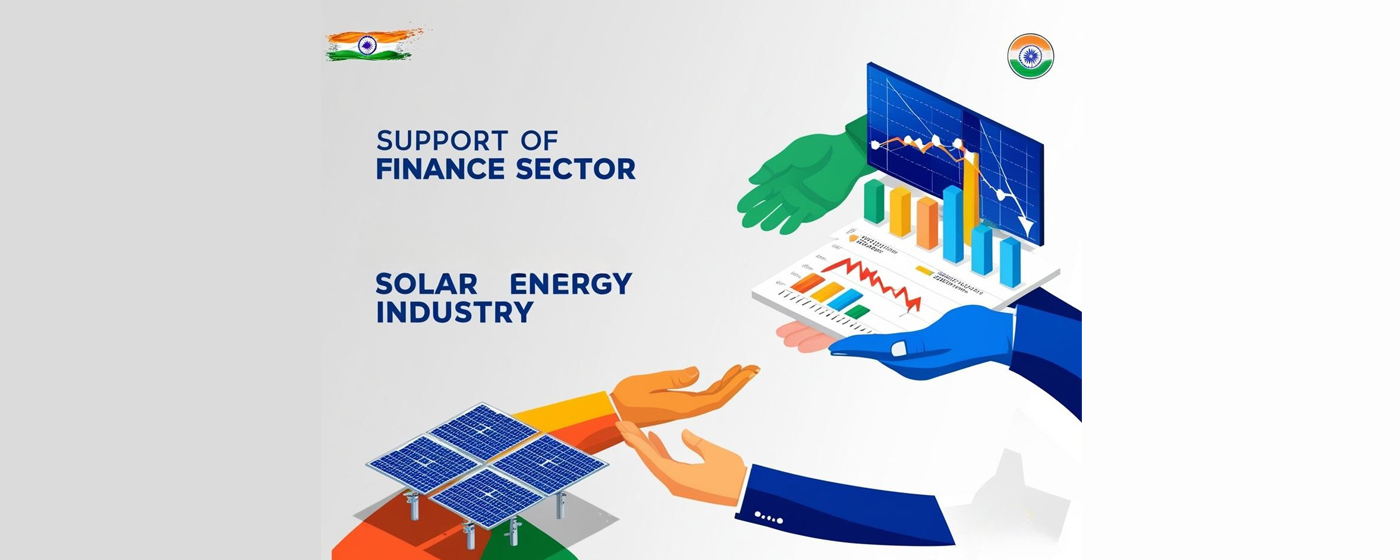
The Indian government plays a crucial role in promoting solar energy adoption through financial assistance, subsidies, and incentives for solar installations.
Subsidy Schemes:
The government offers subsidies for residential and commercial rooftop solar installations under various programs like the National Solar Mission and State Solar Programs. These subsidies can cover up to 30-40% of the total cost, significantly reducing the upfront investment required for solar systems.
Soft Loans:
Financial institutions like the Indian Renewable Energy Development Agency (IREDA) offer low-interest loans for solar projects. These loans are designed to support both residential and commercial installations, making it easier for customers to transition to solar power.
Tax Benefits:
Under government policies, solar installations are eligible for accelerated depreciation, which allows businesses to claim 40% depreciation in the first year of installation. This significantly reduces the taxable income and provides immediate savings.
Several leading banks and Non-Banking Financial Companies (NBFCs) in India offer solar financing options, making it easier for customers to invest in solar energy.
Solar Loans:
Many banks, such as ICICI Bank, HDFC Bank, and Axis Bank, offer dedicated solar loans with flexible repayment options. Customers can avail of loans for up to 90% of the total cost of the solar system, with repayment terms ranging from 5 to 10 years.
Subsidized Interest Rates:
Some financial institutions provide loans at subsidized interest rates for both residential and commercial solar systems, making it an affordable option for customers. The interest rates typically range between 8% and 12%, depending on the financial institution and the customer's credit score.
EMI Options:
For residential customers, many banks offer equated monthly installment (EMI) options that make it easier to pay for solar systems over time. The EMI scheme allows customers to pay a fixed amount monthly, which is a manageable option for most.
Affordable Upfront Cost:
Financing options reduce the upfront cost of solar installations, making them more affordable for residential, commercial, and industrial customers.
Flexible Repayment Terms:
Loans and EMI options with long repayment periods help customers manage their finances without a major financial burden.
Government Incentives:
Subsidies, tax benefits, and soft loans from the government further reduce the cost of solar installations, ensuring that consumers can access solar power affordably.
Lower Electricity Bills:
Financing solar systems leads to long-term savings on electricity bills, offering both economic and environmental benefits.
Enhanced Return on Investment (ROI):
With the right financing, solar installations offer an attractive ROI, reducing overall electricity costs and providing energy independence.
Recent Projects
